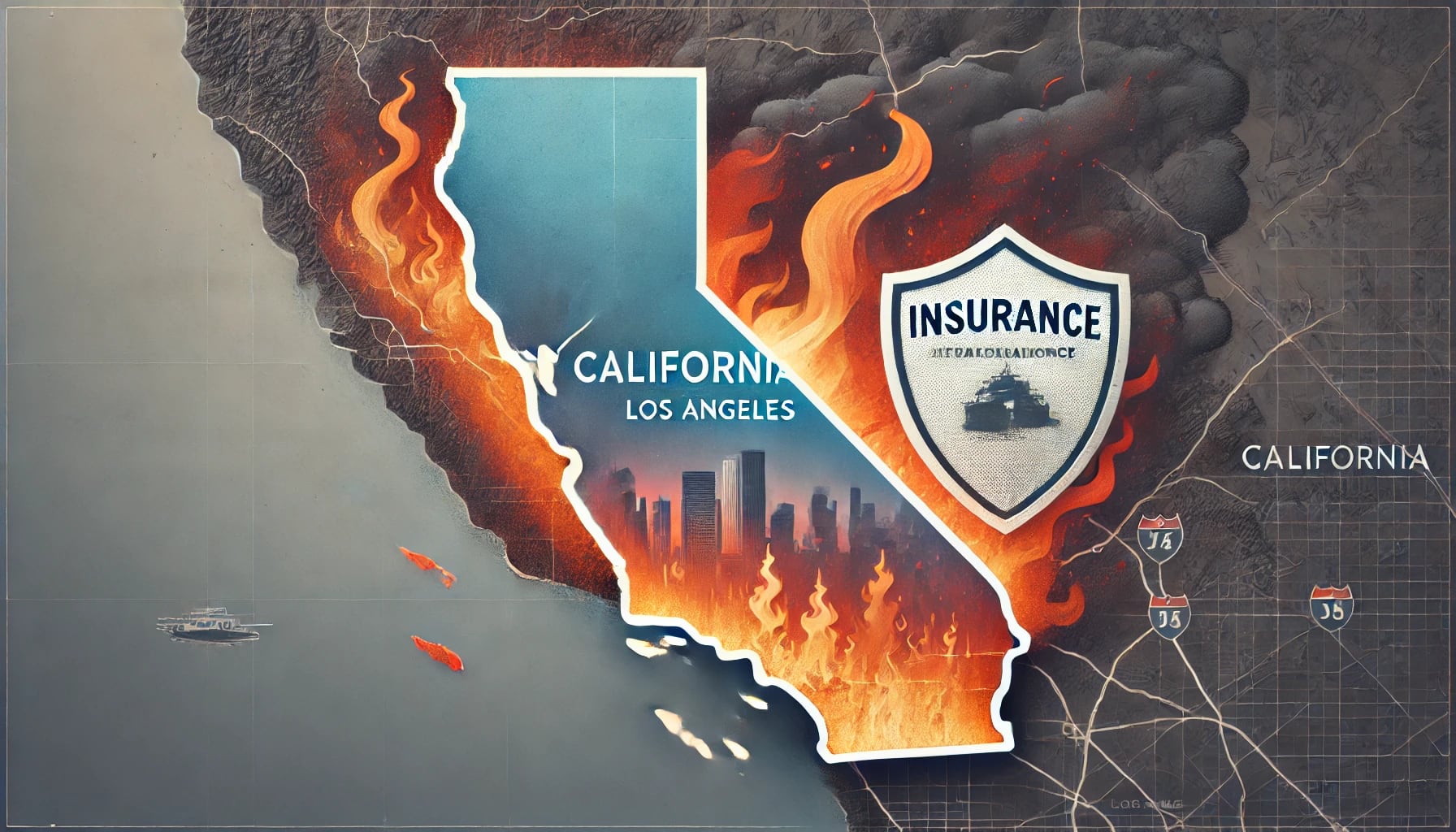California’s Insurance Commissioner Ricardo Lara announced a moratorium on insurance policy cancellations in areas of Los Angeles most affected by recent wildfires. The mandatory ban will remain in effect through January 7, 2026, covering neighborhoods such as Pacific Palisades and the area impacted by the Eaton fire.
Protecting Homeowners
“Losing your insurance should be the last thing on someone’s mind after surviving a devastating fire,” Lara stated. “This law gives millions of Californians breathing room and hits the pause button on insurance non-renewals while people recover.”
The ban applies to homeowners in and around the affected ZIP codes, regardless of whether their properties sustained damage.
Rising Insurance Challenges
The announcement follows the implementation of a new rule requiring private insurers to offer policies in high-risk areas to continue operating in California. However, these companies may pass the additional costs to customers. Recent wildfires have destroyed over 36,000 acres in L.A., including thousands of homes in Pacific Palisades, an upscale neighborhood.
Many private insurers have stopped writing new policies in high-risk regions, forcing nearly 500,000 Californians to rely on the state-sponsored FAIR Plan. In Pacific Palisades alone, the number of FAIR Plan policies increased by 85% last year.
Economic Impact
AccuWeather estimates the economic loss from the wildfires in Southern California to be between $135 billion and $150 billion. This disaster could rank among the costliest in U.S. history, with fire-related insured losses projected to reach $20 billion, according to J.P. Morgan analysts.
The median home price in Pacific Palisades was $4.72 million as of December 2024, resulting in an estimated $6 billion in potential claims from that area alone.
FAIR Plan’s Financial Stability
The FAIR Plan, California’s insurer of last resort, has only $700 million in cash. While the organization assures that it can meet its obligations through reinsurance and other mechanisms, concerns remain about its ability to handle long-term losses. If additional funds are required, private insurers operating in the state may need to contribute, potentially leading to higher premiums for consumers.
Market analysts expect that private insurers such as Allstate, Chubb, and Travelers will also bear significant losses, given their large presence in California. This event could surpass the 2018 Camp Fire, which previously held the record for the highest insured-loss wildfire in the state’s history at $10 billion.
Conclusion
With the moratorium on policy cancellations and ongoing efforts to stabilize the insurance market, California faces significant challenges in balancing homeowner protection with the financial sustainability of its insurance providers.


